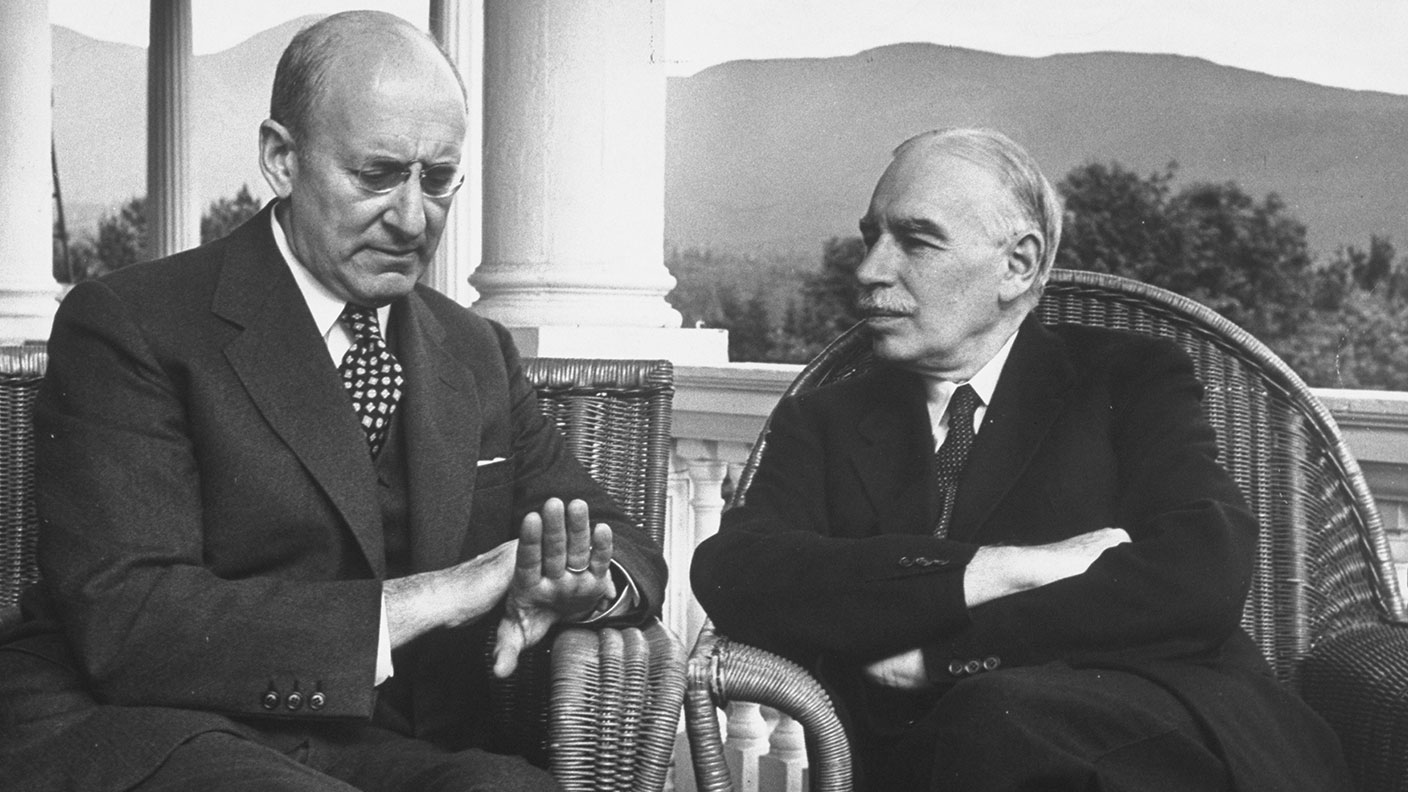30 October 1947: The General Agreement on Tariffs and Trade is established
On this day in 1947, the General Agreement on Tariffs and Trade (GATT) was agreed in Geneva – the predecessor of the World Trade Organisation.


Get the latest financial news, insights and expert analysis from our award-winning MoneyWeek team, to help you understand what really matters when it comes to your finances.
You are now subscribed
Your newsletter sign-up was successful
Want to add more newsletters?

Twice daily
MoneyWeek
Get the latest financial news, insights and expert analysis from our award-winning MoneyWeek team, to help you understand what really matters when it comes to your finances.

Four times a week
Look After My Bills
Sign up to our free money-saving newsletter, filled with the latest news and expert advice to help you find the best tips and deals for managing your bills. Start saving today!
During the Great Depression of the 1930s, the global economy was in the doldrums. Tariffs and trade barriers began to pop up all over the place. But with the end of the Second World War, many countries found themselves in a more conciliatory mood.
It was widely believed that restrictive trade policies had directly contributed to the outbreak of war. Free trade, its proponents argued, would not only aid the economic recovery of a war-shattered world, but it would also promote peace.
In 1944, at the famous Bretton Woods conference in New Hampshire, Britain and its war-time allies agreed to set up the World Bank and the International Monetary Fund. But a third institution was also sketched out: an “International Trade Organisation”, or ITO. In a nutshell, the purpose of the ITO would have been to regulate international trade. But negotiations proved to be far from straightforward.
MoneyWeek
Subscribe to MoneyWeek today and get your first six magazine issues absolutely FREE

Sign up to Money Morning
Don't miss the latest investment and personal finances news, market analysis, plus money-saving tips with our free twice-daily newsletter
Don't miss the latest investment and personal finances news, market analysis, plus money-saving tips with our free twice-daily newsletter
One of the main sticking points was something called “imperial preference”. Members of the British Commonwealth already had tariff agreements with each other that put other countries (namely the United States) at a disadvantage. As part of the deal reached on 30 October 1947, “imperial preference” would go.
Twenty-three countries signed the General Agreement on Tariffs and Trade, or GATT as it became known, in Geneva. But agreement on the wider ITO stalled and the institution was effectively still-born when the United States refused to ratify the charter, hammered out in Cuba in 1948.
The GATT was all that remained. And despite only ever being a provisional agreement, the rules governing international trade remained in force for almost half a century.
Meanwhile, discussions trundled on for decades. Eight rounds of negotiations later, the GATT was eventually replaced by the World Trade Organisation (WTO) in 1995.
Get the latest financial news, insights and expert analysis from our award-winning MoneyWeek team, to help you understand what really matters when it comes to your finances.

-
 Should you buy an active ETF?
Should you buy an active ETF?ETFs are often mischaracterised as passive products, but they can be a convenient way to add active management to your portfolio
-
 Power up your pension before 5 April – easy ways to save before the tax year end
Power up your pension before 5 April – easy ways to save before the tax year endWith the end of the tax year looming, pension savers currently have a window to review and maximise what’s going into their retirement funds – we look at how